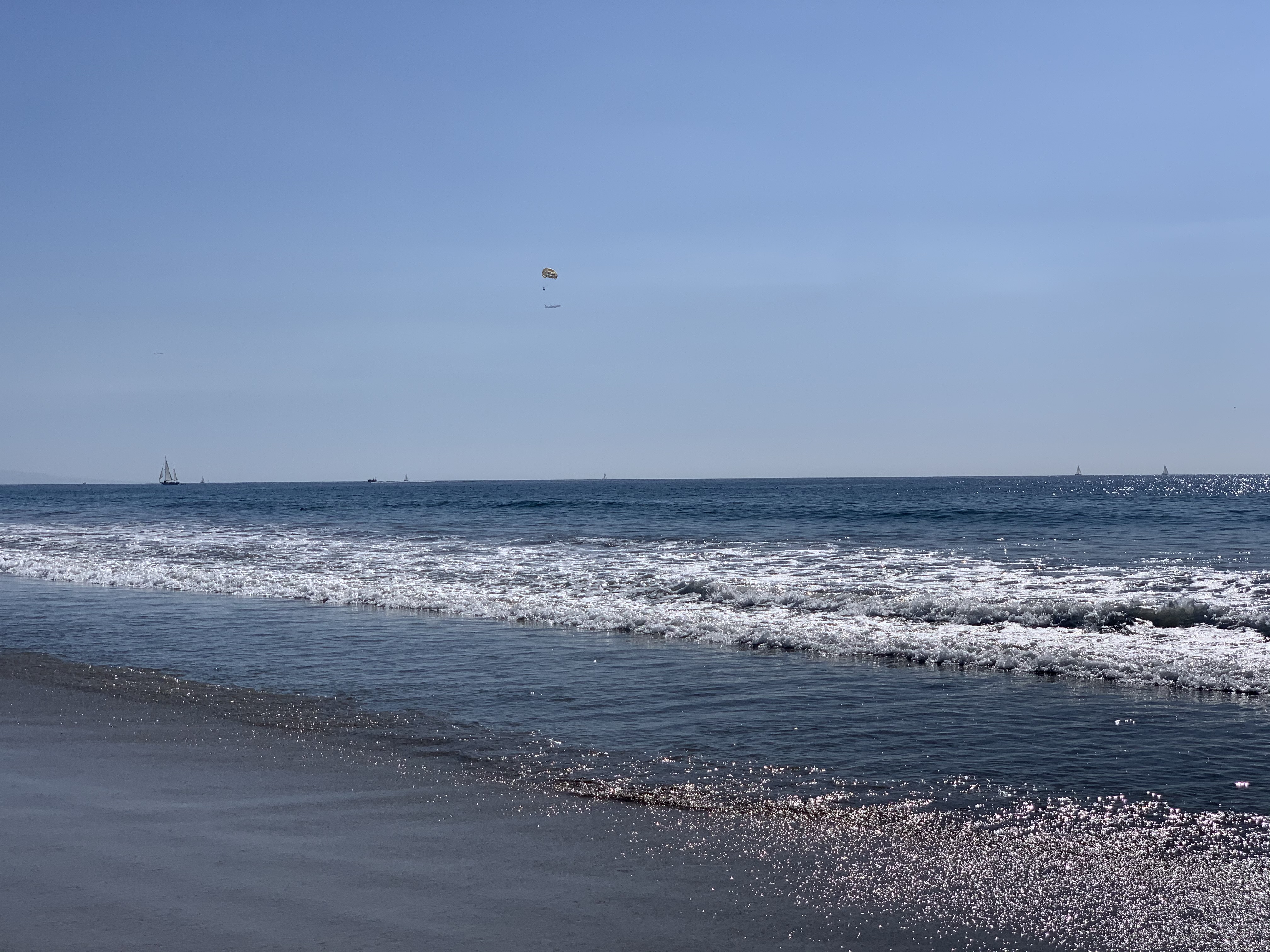
As a human species, we share common experiences of this COVID-19 pandemic: most are quarantined, many have lost their jobs and are at risk of losing a roof over their heads. Every country on our planet, except Antarctica, has at least one confirmed case of COVID-19. Yet based on our nationality, gender, wealth, age, sexuality, marital status, government structure, employment status, housing status, and other demographic identifiers, our experiences are different.
Crises are depressing, shocking, exhausting, and life-altering. When you are stuck in a crisis that in theory has an end but one you’ve never seen, the crisis feels like the new normal. For some, this pandemic means every day is pajama day, for others it is sleeping in their car so not to expose their children to the virus. For the vast majority of Americans, this is the first time many have had to face the unknown. Over the past three-and-a-half months, I’ve reached out to friends and family to hear their stories, especially those who have faced crisis and death before. For the more than 15 million cancer survivors in the U.S., living in the unknown is not new. Quarantines, social distancing, face masks; these are ghosts from our past.
Limiting exposure to others was something I grew up with during the first 3 years of my life when I was diagnosed with hepatoblastoma (pediatric liver cancer), and underwent multiple surgeries and years of radiation and chemotherapy. I lived it again at 34 years old when I was diagnosed with my second cancer, a soft tissue sarcoma, and endured weeks of hospitalization, treatment, and invasive surgery.
My cancer scars from over the years have healed and this April, I celebrate eight years cancer-free. “No Evidence of Disease.” I hope to, anyways. Because of the coronavirus, I pushed my annual visits to the hospital laboratory, radiology, and oncology departments one month to avoid the contagion’s anticipated peak dates. I’m cautiously optimistic that I will be cancer-free and that my visit to the hospital for my scan will not lead me to a COVID+ diagnosis. I am choosing to not live a life in fear. I choose to have faith in a future, even if I have to wear a mask again.
In a medical crisis, you trust the science, your physicians, your nurses. You are forced to be patient with procedures, the process, the results and even yourself. You usually blame yourself for not knowing better, not going to the doctor sooner, for sitting in the sun too long or not exercising enough. But eventually, as you go through thousands of vials of blood draws, bags of iv fluids, and boxes of tissues, most of us find faith. Faith in a future. Even for those I know whose life on earth ended because of cancer, their faith endured.
I have hope that this pandemic will follow the trajectory of the past. After most are tested and treated and others receive a vaccine, things will return to normal. We must mourn the losses: people who died from the virus, jobs lost, careers ended, rites of passage left uncrossed. There is no one way to make all of that better. As my 12-year old daughter says, “It sucks.” Pretending otherwise ignores the obvious and makes those who are suffering feel invisible.
So recognize the loss, take in the present, then look towards the future. There is a bright tomorrow ahead, even if we don’t yet know what that looks like or when tomorrow will come.

